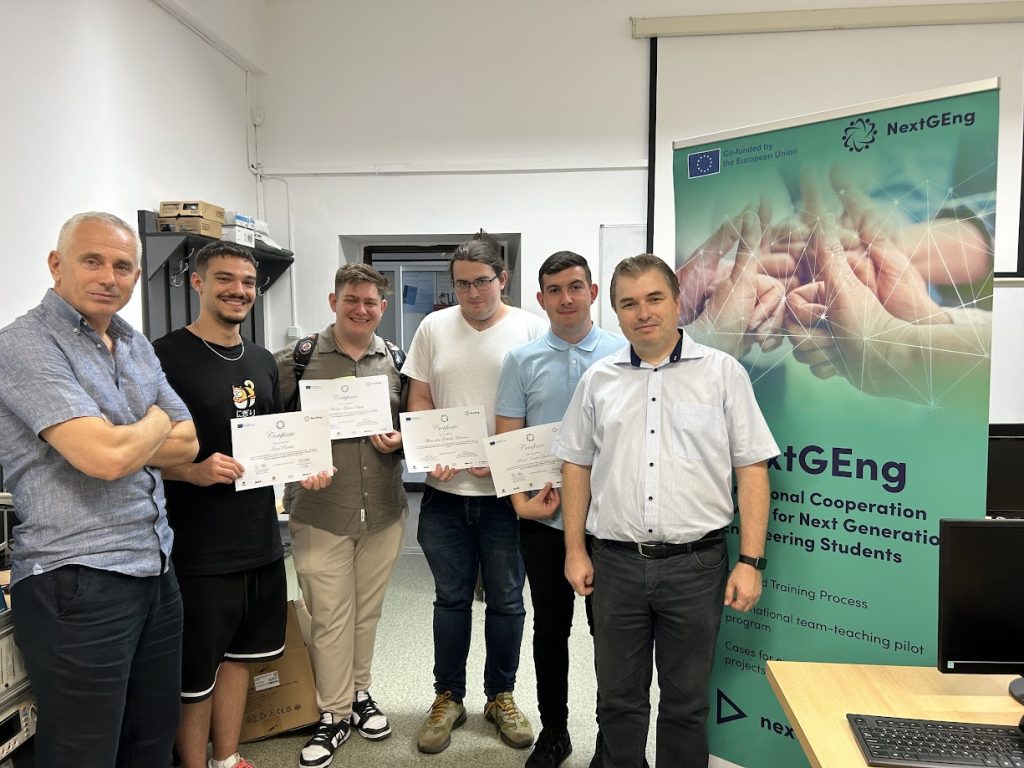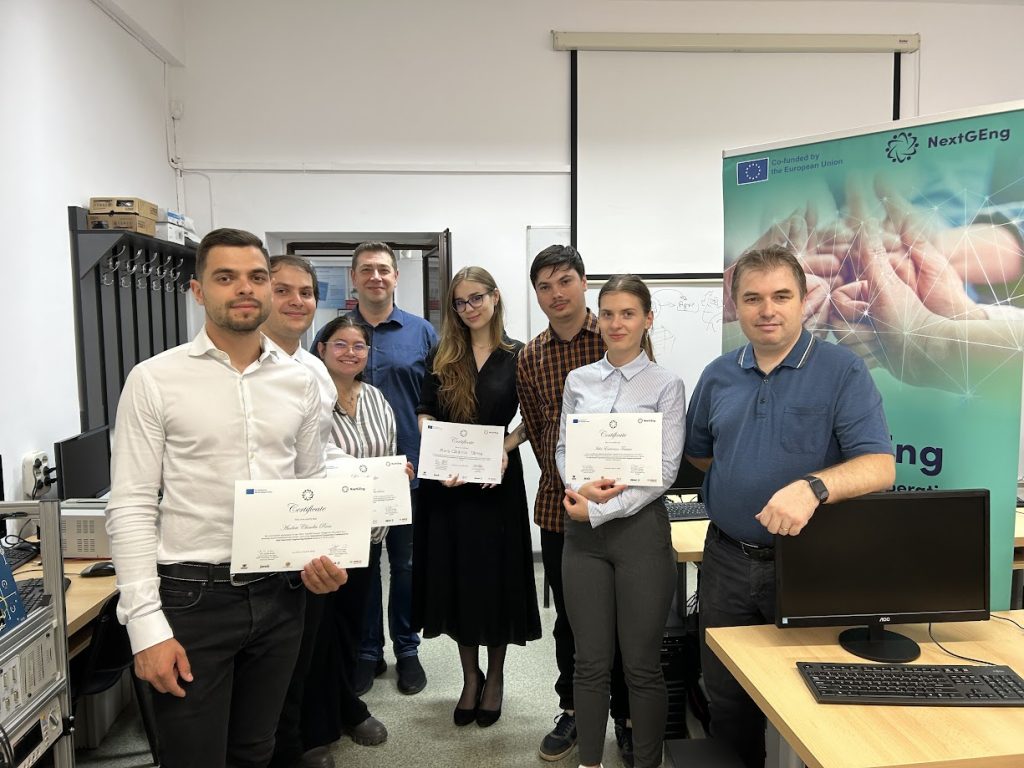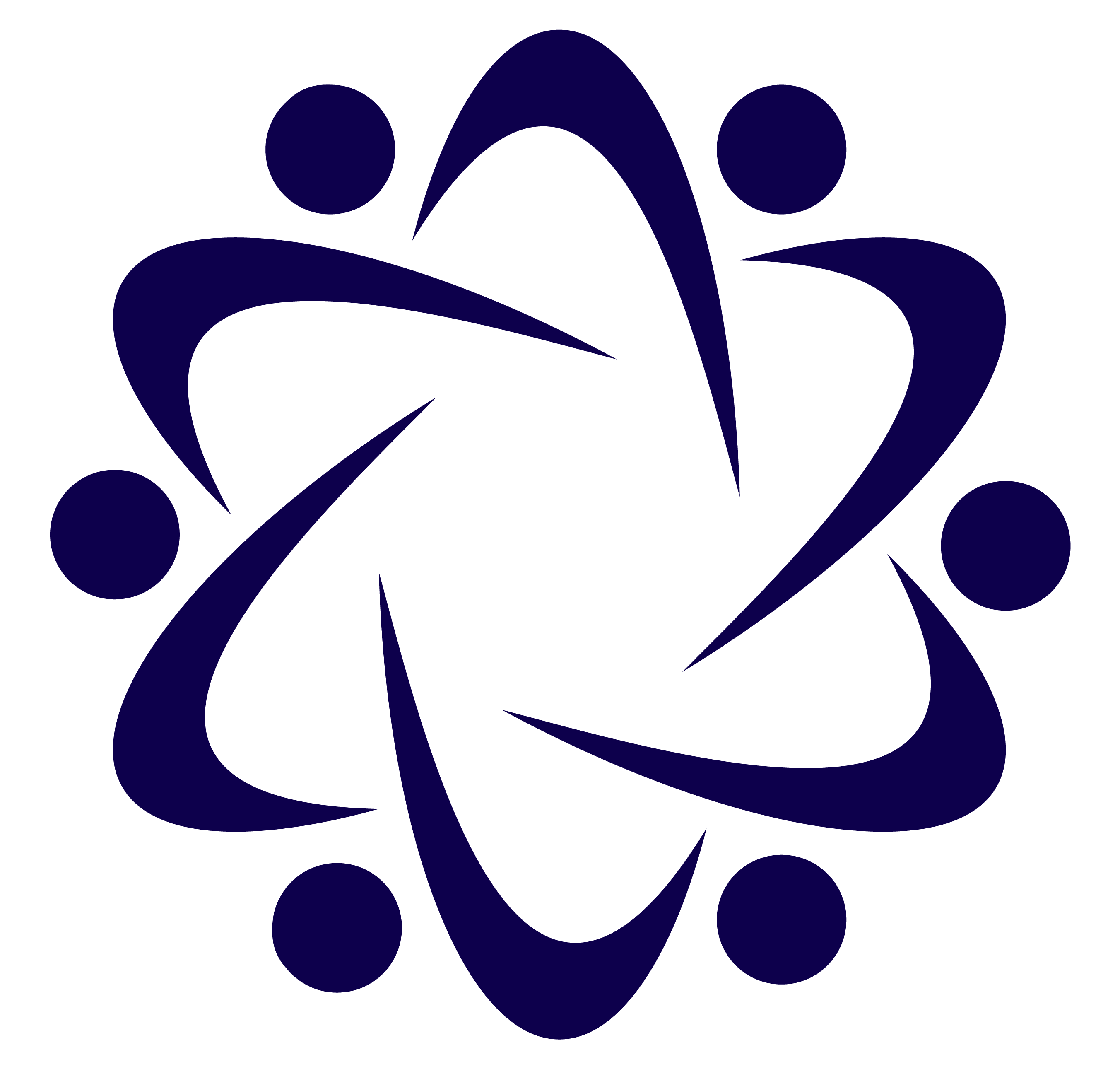During the spring semester of the 2023-2024 academic year, the first round of CEL (Challenge-Based Learning) Projects took place, bringing together mixed student teams from Universidad de Jaén (UJA), Jamk University of Applied Sciences (Jamk), and Technical University of Cluj-Napoca (TUCN). These projects offered a unique opportunity for students, university staff, and industry experts to collaborate on solving real-world industry and research challenges.
Three CEL projects were hosted by each of the participating HEIs, each focused on a specific industry topic.
• CEL 1 (proposed by ISR): Design of an Olive Quality Control System. The objective was to develop a machine vision system capable of classifying olive quality using multispectral or hyperspectral images of olive fruits.
• CEL 2 (proposed by TUCN): Design of a 3-Axis Gantry Robot (3GR). The task was to design a 3-axis gantry robot where the movement along the X, Y, and Z axes is powered by electric motors mounted on a fixed base. Transmission of movement is done using toothed belts, with the robot’s workspace measuring 300 x 400 x 200 mm³.
• CEL 3 (proposed by Valmet): Design of a Test Object for a Pressing-Based Manufacturing Process. This project involved conceptualizing and designing a test object to be used in a pressing process for wood-based materials, aimed at improving process parameters and mechanics for new manufacturing concepts.
The final seminars for these projects were held in April 2024: CEL 1 on April 19, CEL 2 on April 18, and CEL 3 on April 26. Each seminar was organized in a hybrid format, allowing students and supervisors from different universities to join both in-person and online. During these seminars, student teams presented their final reports and PowerPoint presentations to company representatives, university supervisors, and research experts. The student groups were evaluated based on two main criteria: Report Evaluation: Strengths, weaknesses, and an overall assessment of the work and Presentation: Content quality, length, development, responses to supervisor questions, and general comments.


For each CEL project, a winning team was selected based on the reports and presentations. The feedback from students and teachers was highly positive, particularly in terms of the relevance of the topics, the learning and social activities, and the technical and soft skills acquired during the project. Each student participant received a certificate recognizing their involvement and achievements.


The CEL Projects are a cornerstone of the NextGEng initiative, fostering interdisciplinary learning and collaboration, and preparing students for the challenges of the engineering world.
